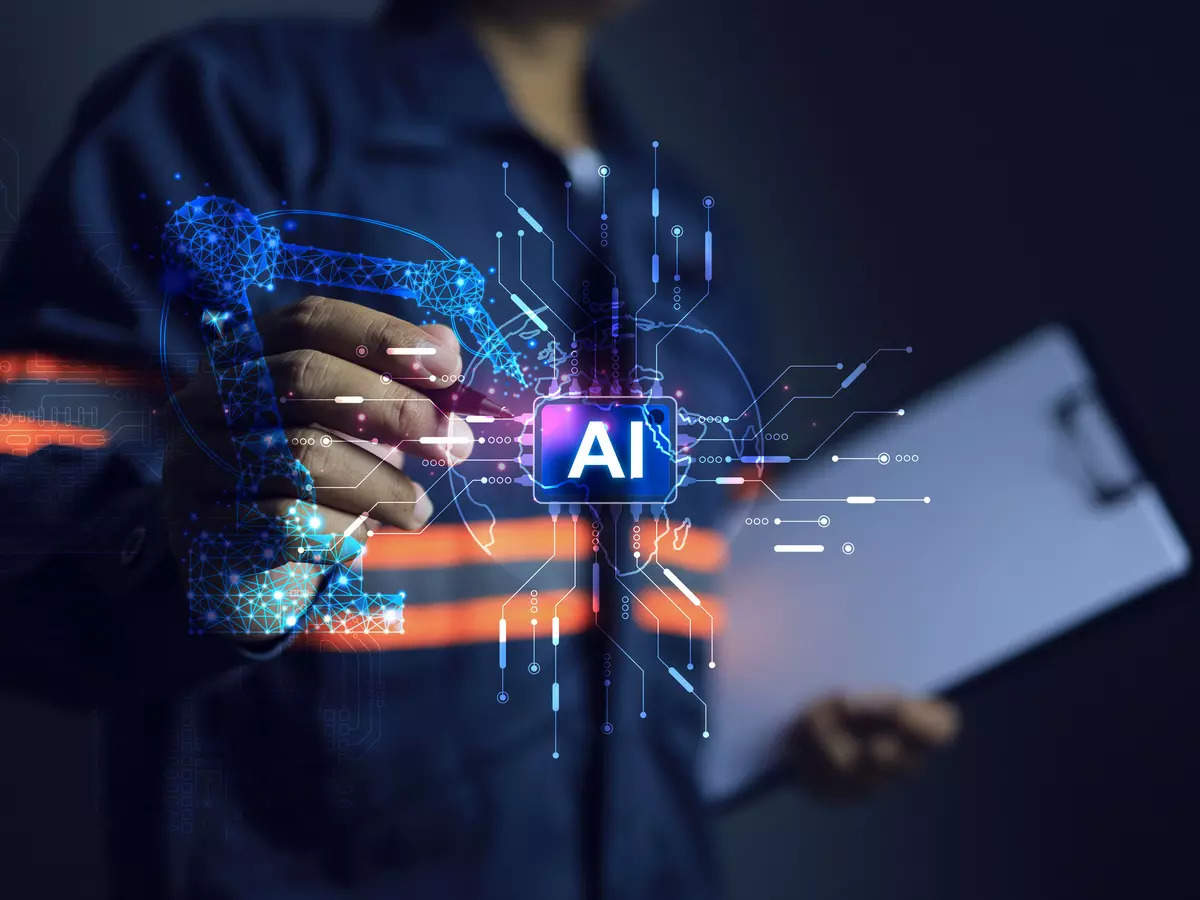AI Agents: The Future of Enterprise Productivity
In an era where technology redefines efficiency, a compelling new study by Deloitte reveals that AI agents are surpassing traditional GenAI applications in enhancing enterprise productivity. These autonomous systems are reshaping how businesses automate processes and tackle complex tasks that once seemed insurmountable.
Understanding the Distinction
Artificial intelligence (AI) agents, as defined in the study, are intelligent systems capable of autonomously interacting with their environments to collect data and perform numerous tasks without human intervention. Unlike typical large language models (LLMs), which often struggle with multi-step prompts due to their rigid input-output paradigms, AI agents employ a more nuanced approach to complex queries. They overcome the weaknesses of their GenAI counterparts, making substantial advancements in automation capabilities.

According to Deloitte, conventional LLM-powered chatbots tend to get confused when faced with multifaceted requests requiring deconstruction into smaller tasks. This limitation is further exacerbated in small language models (SLMs), which prioritize speed and computational costs over comprehensive knowledge and output quality.
Expanding the Horizons of Automation
The study further elucidates that while applications of GenAI have been largely restricted to single-use cases—like generating personalized advertisements or contract review—AI agents can augment these functions through their proficiency in executing more intricate operations. These agents can leverage domain-specific tools and adapt their actions based on the context of user interactions, which allows them to manage customer data more effectively than traditional models.
One of the most remarkable features of AI agents is their long-term memory capabilities. They can retain and process customer interaction details—be it emails, chat sessions, or call logs—across various digital channels. This continuous learning process enables them to tailor recommendations for users more adeptly than conventional LLMs, which often function based on session-specific data.
Navigating the Risks and Challenges
Despite the promise offered by AI agents, the study highlights the necessity of implementing robust governance and security measures to mitigate potential risks associated with their usage. As organizations increasingly rely on these intelligent systems, they must remain vigilant against challenges such as algorithmic bias, which could lead to inequitable decision-making. Moreover, the vulnerability of AI agents to data breaches presents significant concerns over data integrity and user privacy.
“The enhancement offered by individual AI agents is valuable, yet for effective business solutions, multiagent AI systems are essential,” the report underscores, reinforcing the need for a comprehensive strategy for AI deployment in enterprises.
 The integration of AI in various sectors is transforming the workforce.
The integration of AI in various sectors is transforming the workforce.
The Path Ahead
In conclusion, the Deloitte study posits that the increasing effectiveness of AI agents in improving enterprise productivity could mark a pivotal moment in the evolution of business automation. As this technology continues to advance, organizations should be prepared to embrace both its capabilities and the associated responsibilities to harness its full potential.
To succeed in this new landscape, companies must not only invest in the deployment of AI agents but also cultivate robust frameworks to ensure ethical and secure AI interactions. This dual approach will position businesses to thrive as they navigate the intricacies of the modern digital economy while safeguarding the interests of all stakeholders involved.
Published On Nov 10, 2024 at 10:19 AM IST















